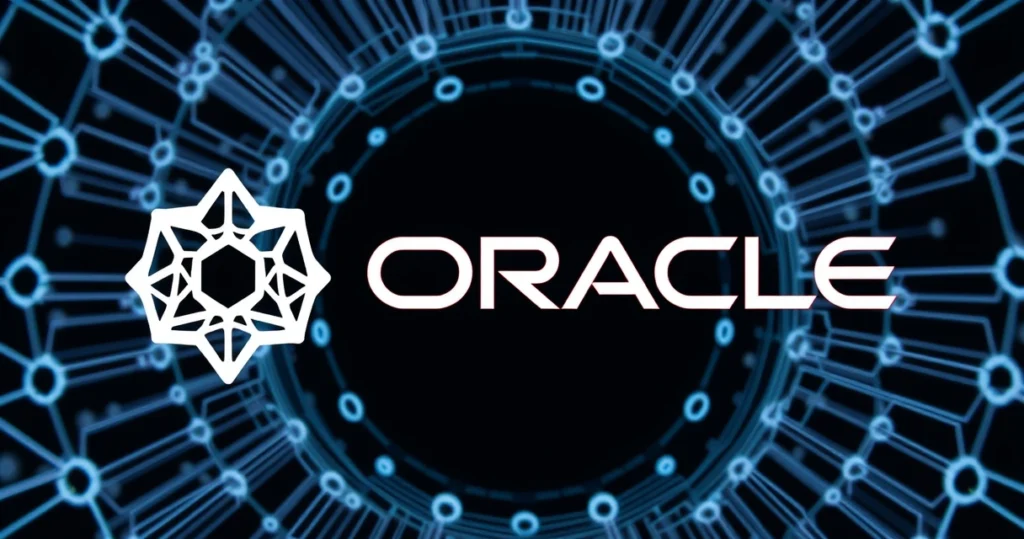Linus Torvalds Slams Meta Engineer’s Code Submission as ‘Garbage’
In a recent incident that has stirred up discussions in the tech community, Linus Torvalds, the creator of the Linux kernel, criticized a code submission from a Meta engineer with strong words, referring to it as “garbage.” This event has not only highlighted the rigorous standards and expectations that Torvalds has for contributions to the Linux ecosystem but also raised questions about the overall quality of code submissions from large tech companies like Meta. As the open-source community continues to grow, these interactions remind us of the importance of maintaining high coding standards.

Such criticisms are not uncommon in the world of software development, where the integrity and efficiency of code can greatly impact performance and security. This article dives deeper into the incident, exploring its implications on the Linux community, the standards set by Linus Torvalds, and what this means for engineers contributing to open-source projects.
The Context of the Criticism
The incident began when a Meta engineer submitted a piece of code intended for the Linux kernel, which is pivotal for the functioning of various operating systems. Linus Torvalds, known for his straightforward and often blunt feedback, reviewed the submission. His reaction was swift and critical, labeling the code as “garbage” and pointing out its deficiencies.
Understanding Torvalds’ Expectations
Linus Torvalds has established himself as a fierce advocate for quality in code submissions. His expectations are grounded in the belief that the Linux kernel serves as the backbone of countless systems and that any inadequacies can lead to performance issues, security vulnerabilities, or even system failures. Torvalds’ direct feedback style is intended to ensure that contributions meet the necessary standards before being integrated into the kernel.
Implications for Open Source Contributions
This incident highlights broader implications for open-source contributions, particularly from engineers affiliated with large corporations like Meta. The criticism serves as a reminder of the challenges faced by developers working within these environments, where corporate policies and practices may differ from the open-source ethos.
Quality vs. Quantity in Code Submissions
The open-source community thrives on contributions from developers around the globe. However, the quality of these contributions is paramount. Torvalds’ criticism underscores the need for engineers to not only produce functional code but also to ensure that it adheres to the stringent standards expected by the community. This raises the question: Are large tech companies compromising on quality for the sake of quantity?
The Role of Code Review
Code reviews are a fundamental part of the software development process, especially in open-source projects. They provide an opportunity for peer feedback and improvement. Torvalds’ remarks serve to reinforce the significance of thorough reviews, not just for the sake of maintaining quality but also for fostering an environment where constructive criticism is valued. Engineers must be open to feedback and willing to iterate on their submissions based on community standards.
The Response from Meta and the Engineering Community
In the wake of Torvalds’ comments, there has been a notable response from both Meta and the wider engineering community. Discussions have arisen around the need for better training and preparation for engineers, especially those transitioning from corporate environments to open-source contributions.
Meta’s Approach to Open Source
Meta, like many tech giants, has invested significantly in open-source projects. However, the divergence between corporate practices and open-source culture can create friction. The company may need to evaluate its onboarding processes for engineers contributing to projects like Linux to ensure they understand the expectations and standards of the community.
Community Reactions
The engineering community’s reactions have varied, with some supporting Torvalds’ stance on maintaining high standards, while others caution against harsh criticisms that can deter new contributors. It is essential to strike a balance between maintaining quality and encouraging participation, especially from engineers who may feel intimidated by the scrutiny of seasoned contributors.
Best Practices for Code Submissions in Open Source
To avoid facing similar criticism as the Meta engineer, contributors to the Linux kernel and other open-source projects should adhere to certain best practices when submitting code. These practices not only enhance the quality of contributions but also foster a positive relationship between developers and maintainers.
- Understand the Codebase: Before submitting code, take the time to familiarize yourself with the existing codebase, coding standards, and contribution guidelines.
- Thorough Testing: Ensure that your code is thoroughly tested and free of bugs. Consider edge cases and performance implications.
- Seek Feedback Early: Share your work with peers before submitting it. Early feedback can help identify issues that you may have overlooked.
- Be Open to Criticism: Accept feedback graciously and be willing to make necessary changes to improve your submission.
- Document Your Changes: Provide clear documentation for your code, explaining its purpose and any important details that reviewers need to know.
Frequently Asked Questions (FAQ)
1. Who is Linus Torvalds?
Linus Torvalds is the Finnish-American software engineer who created the Linux kernel, which is the core component of various operating systems, including Linux distributions.
2. What was the issue with the Meta engineer’s code submission?
The code submission was criticized by Linus Torvalds for being of poor quality, which he described as “garbage.” The specifics of the code were not detailed, but the criticism highlighted a lack of adherence to quality standards.
3. Why is code quality important in open source?
Code quality is crucial in open-source projects because it affects performance, security, and maintainability. Poor quality code can lead to bugs and vulnerabilities that impact users globally.
4. How can engineers improve their code submissions?
Engineers can improve their submissions by understanding the codebase, testing thoroughly, seeking early feedback, being open to criticism, and documenting their changes effectively.
5. What are the consequences of submitting low-quality code?
Submitting low-quality code can lead to rejection of the submission, damage to the contributor’s reputation, and a lack of trust from maintainers and the community.
Conclusion
The incident involving Linus Torvalds and the Meta engineer serves as a critical reminder of the high standards expected in the open-source community. Torvalds’ blunt feedback is a testament to his commitment to maintaining the integrity of the Linux kernel, which is relied upon by millions of users worldwide. As the tech landscape continues to evolve, it is essential for engineers—especially those from large corporations—to adapt to the open-source culture and contribute quality code. By embracing best practices and fostering an environment of constructive feedback, the community can thrive and continue to innovate.
📰 Original Source
Este artigo foi baseado em informações de: https://tecnoblog.net/noticias/linus-torvalds-chama-de-lixo-codigo-enviado-por-engenheiro-da-meta/



